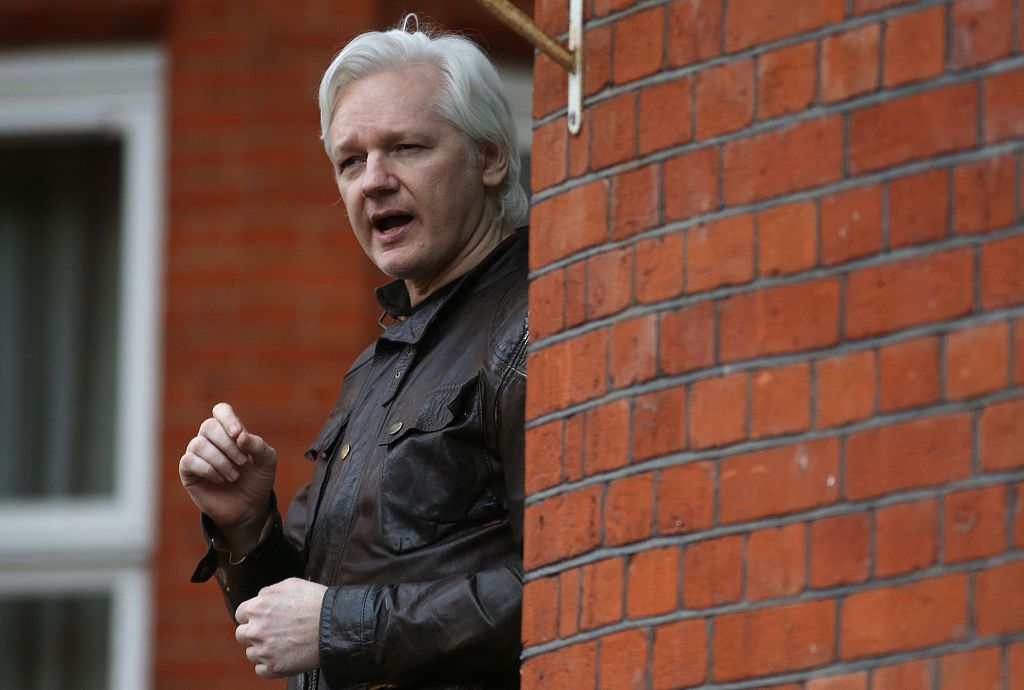
Julian Assange speaks on the balcony of the Embassy of Ecuador in London, UK, May 19, 2017. /CFP
Julian Assange speaks on the balcony of the Embassy of Ecuador in London, UK, May 19, 2017. /CFP
The High Court in London has ruled that WikiLeaks founder Julian Assange can take his appeal against his U.S. extradition to Britain's Supreme Court.
In December, the High Court in London overturned a lower court's ruling that he should not be extradited because his mental health problems meant he would be at risk of suicide.
Read more:
Wikileaks founder Julian Assange can be extradited to U.S., UK court rules
However, judges on Monday refused him permission for a direct appeal to the Supreme Court on their decision, they said his case raised an issue of legal importance that he could ask the United Kingdom's top court to rule on.
"The respondent's application to certify a point of law is granted," the court said. "The respondent's application for leave to appeal to the supreme court is refused."
This means the Supreme Court will have to decide whether or not it should hear his challenge.
Assange, 50, faces charges in America as a result of the publication of hundreds of thousands of leaked documents relating to the Afghanistan and Iraq wars.
As a result of unrelated accusations of sexual assault, he had taken refuge in the Ecuadorian Embassy in London, remaining there for seven years before being arrested by British police in 2019.
If he had not won the right to seek an appeal, the case would have gone directly to UK Home Secretary Priti Patel for a final decision on whether he should be extradited to the U.S.
(With input from Reuters)

